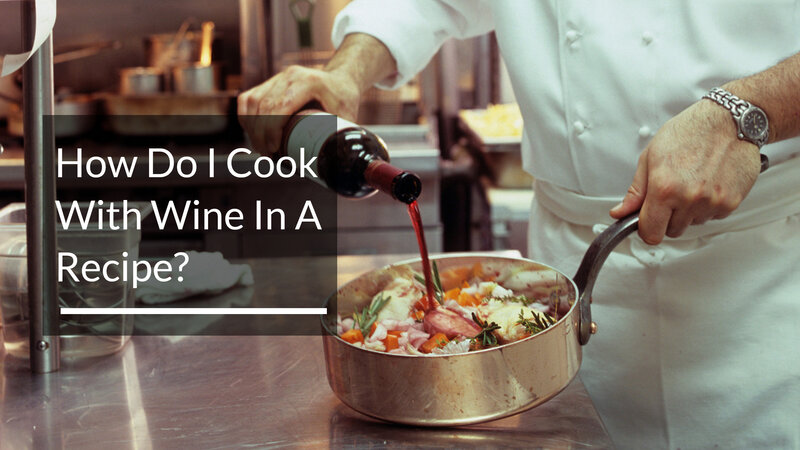 As you can imagine, wine is an excellent ally of gastronomy, but not only as an accompaniment to the dish but also when cooking. So much so that wines designed to be directly used in recipes are marketed.
As you can imagine, wine is an excellent ally of gastronomy, but not only as an accompaniment to the dish but also when cooking. So much so that wines designed to be directly used in recipes are marketed.
Despite the fact that the vast majority of these cooking wines usually contain preservatives such as salts that make them too acidic or astringent, so our recipes could end up receiving those dominant flavors Of the wine.
We have to bear in mind that the wine we choose will be decisive when it comes to obtaining an optimal result, especially when it comes to caramelizing, marinating, or agglutinating flavors. Therefore, the result will depend directly on the characteristics of the wine we choose.
Since being composed mainly of water that will disappear when cooked, only the flavors, aromas, and textures that come from the minerals and acids of the wine itself will remain. Thus, it is generally recommended that you choose a quality wine if what you hope is to obtain an excellent result from your dish.
Basic tips for cooking with wine
1. Quality wines
With this, we do not want to tell you that you have to choose an expensive wine, but that you do not choose a wine that you are not going to drink, as is the case with cardboard wines or fighting wines.
Also, keep in mind that, when making the recipe, you will only use one glass of the wine, approximately, so you can use the rest of the bottle to savor its flavor. There are cheap, high-quality wines that are more than adequate to be used in the kitchen.
2. When to use wine
As we read in many famous chef books, it is important that we know that the longer the product spends in contact with the wine, the more it will be impregnated with its characteristics. This is something that can be both positive and negative, depending on how much we want the final product to have an alcohol body.
This is something that happens, for example, when marinating meats, where it is recommended to do it the day before preparing the recipe. But, if your interest is not that the meat acquires so much alcohol body, it is best that you start marinating the meat a few hours before starting to prepare the recipe.
In addition, it is recommended that you do not use wines of great complexity and graduation, which are the ones that will leave the most alcoholic flavor impregnated in the meat.
3. Wine quantity
The amount of wine you are going to use will depend on what you are using the wine for. If it is to evaporate it together with the food you are cooking, with a generous jet or a glass, approximately, it should be enough. But if you are making a sauce or an emulsion for an accompaniment, it is important that you know that a cup of wine will equal two tablespoons of sauce, more or less.
4. Be careful with the flavors
The wine that we use will always add a certain fruit load to our recipe, so we must take special care to add spices or herbs that reinforce or counteract its flavor.
In addition, it is advised that you be especially careful with garlic in sauce reductions that, mixed with wine, can give a somewhat unpleasant result. For these types of recipes, we recommend that you use garlic powder or chop it to perfection.
5. When to add the wine
Wine, like any other liquid, evaporates during cooking. Precisely for this detail, it will be necessary for you to take into account what the times of the recipe are.
If, for example, you are preparing a dish that requires a large amount of time to prepare, it will not make sense to introduce the wine at the beginning of the recipe, since it will lose practically all its contribution. It is best that you introduce it gradually and gradually.
6. What wine to use
This is one of the most classic questions. The important thing is that you know that wines act as enhancers of the proteins that you cook, whether the recipe is for fish or meat. That is why red wine is often used for red meat and white for fish.



